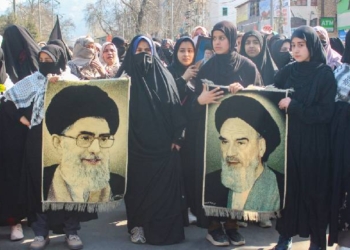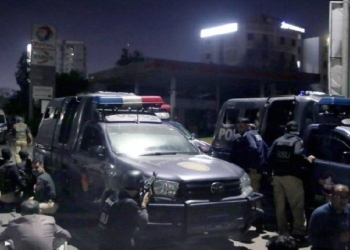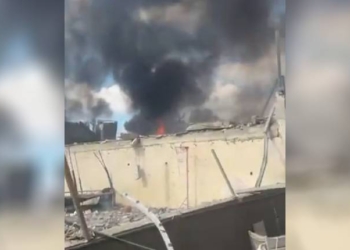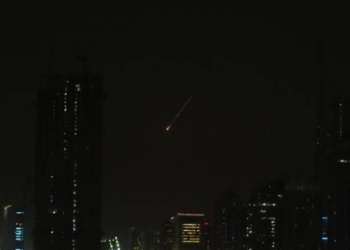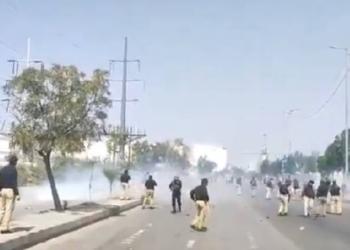Tel Aviv: Israel has deployed its forces in new positions within the buffer zone along the Israel-Syria border in the Golan Heights on Sunday following the fall of the Assad regime in Syria.
The Israeli Defense Forces (IDF) confirmed the move, marking the first such deployment since the 1974 Agreement on Disengagement was signed.
The IDF, in a post on X, stated, “In accordance with the situational assessment following the recent events in Syria, including the entry of armed personnel into the buffer zone, the IDF has deployed forces in the buffer zone and in several other places necessary for its defence, to ensure the safety of the communities of the Golan Heights and the citizens of Israel.”
The move comes following a fresh assessment and “the possibility of gunmen entering the buffer zone,” the post read.
“We emphasise that the IDF does not intervene in the events taking place in Syria,” the security forces said.
The deployment coincides with significant upheaval in Syria. According to the Britain-based war monitor Syrian Observatory for Human Rights, rebel fighters entered Damascus at dawn on Sunday.
Reports indicate that hundreds of government soldiers were seen withdrawing from Damascus International Airport, shedding their military uniforms for civilian clothing.
Multiple media outlets have reported that Syrian President Bashar al-Assad has fled the country, although the Syrian presidency maintains that Assad is still fulfilling his constitutional duties in the capital.
Social media footage from Damascus reveals intense gunfire and heavy traffic as residents attempt to flee the city. In another video, a statue of Hafez al-Assad, Bashar al-Assad’s father and predecessor, is shown being torn down, symbolising the regime’s collapse.
Syrian Prime Minister Mohammad Ghazi Jalali addressed the situation in a Facebook post, expressing his willingness to “cooperate” with any leadership chosen by the people. He also urged citizens to refrain from vandalising public property.
(IANS)





